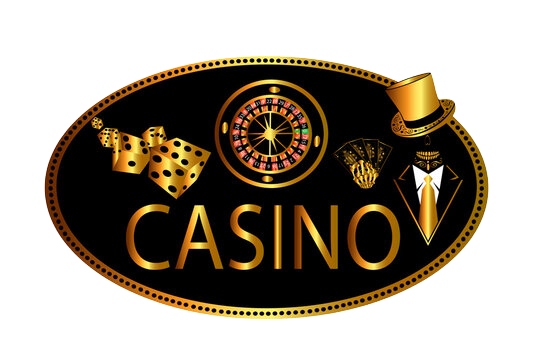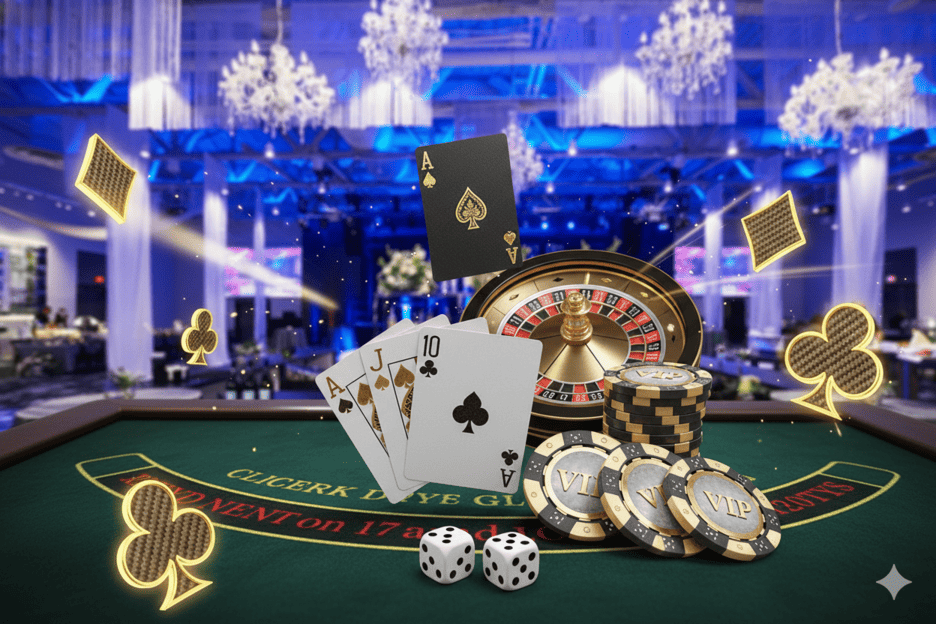I have been working in online casinos for years, and at Rabona Casino I have observed how Casino Hold’em captivates players by combining the strategic depth of poker with the fast pace of table games. This game is not about competing against other players but challenging the dealer directly, which changes the way strategy, probability, and psychology interact. The first time I explained Casino Hold’em to a new player, I noticed how the simplicity of two personal cards versus a dealer’s hand can be misleading—there is a depth that only reveals itself through understanding hand dynamics, qualifying rules, and bet management.
Casino Hold’em is a variant of Texas Hold’em but simplified for the casino environment. You do not participate in multi-player pots; instead, you play each hand against the dealer. The game uses a standard 52-card deck, and players place an Ante bet to start. You then receive two hole cards, while the dealer also receives two cards, face-down. Five community cards are dealt in stages: the flop, the turn, and the river. The objective is to create the strongest five-card poker hand using your cards and the community cards while exceeding the dealer’s qualifying hand.
Understanding the Rules
The rules are simple but carry strategic nuances. After the Ante bet, the player receives two hole cards. The dealer also receives two cards, hidden until later stages. The player must decide whether to call, doubling the Ante bet, or fold. After this decision, three community cards—the flop—are revealed. These cards allow the player to gauge potential hand strength, considering pairs, straights, flushes, and high cards.
If you call, you place a Call bet equal to twice the Ante. The dealer then reveals the turn and river cards, completing the five-card community set. To qualify, the dealer usually needs at least a pair of fours. If the dealer does not qualify, the Ante is paid even money, and the Call bet is returned. If the dealer qualifies, outcomes depend on a comparison of hands: if the dealer wins, both bets are lost; if the player wins, both bets pay according to the paytable.
Hand Rankings and Their Implications
Understanding hand rankings is crucial. From highest to lowest: Royal Flush, Straight Flush, Four of a Kind, Full House, Flush, Straight, Three of a Kind, Two Pair, One Pair, High Card. Each hand has implications for when to call or fold. For instance, a pair of jacks may be sufficient to call early if the flop shows a potential straight or flush. Strategic judgment involves predicting possible dealer hands and estimating probabilities based on the visible cards.
Betting Strategy
Casino Hold’em involves risk management. The decision to fold or call depends on the probability of your hand beating the dealer’s potential combination. Early in my experience, I advised new players to call conservatively, preserving bankrolls when hands were marginal. Experienced players, however, assess the odds dynamically, considering hand strength, flop composition, and implied payouts for bonus features.
One method involves categorizing starting hands into groups: premium hands (AA, KK, QQ, AK suited), medium hands (AQ, AJ, suited connectors), and speculative hands (low pairs, suited low cards). Premium hands almost always warrant a call; medium hands require evaluation after the flop; speculative hands often fold unless the flop creates favorable conditions.
Flop Analysis
The flop is the most critical stage. Three community cards are revealed, providing insight into potential straights, flushes, or trips. Players must quickly assess the board: are there coordinated suits, consecutive numbers, or high cards that favor the dealer? A strong starting hand may weaken if the flop offers more opportunities for the dealer than for the player. Conversely, a weak starting hand may improve significantly with a favorable flop, prompting a strategic call.
Understanding probability distributions is key. For example, the chance of completing a flush after seeing two suited cards in hand and two suited cards on the flop is roughly 19%. Experienced players consider such statistics implicitly when deciding whether to continue.
Turn and River Decisions
After the turn and river are revealed, the player evaluates hand strength against the dealer’s qualifying requirements. At this stage, the dealer’s hand must be anticipated based on visible cards and known probabilities. Many online platforms, including Rabona Casino, provide visual aids such as odds calculators or suggested ranges, which can inform decisions without violating the challenge of skill assessment.
Side Bets and Bonuses
Casino Hold’em often includes side bets such as the AA Bonus, which pays based on initial card strength combined with the flop. While side bets offer higher payouts, they also carry increased risk. I advise players to treat side bets as optional entertainment rather than core strategy. Calculating expected value for side bets is essential for maintaining profitability.
Bankroll Management
Effective bankroll management is critical. Players must decide session budgets, bet sizes, and acceptable losses. My approach at Rabona Casino emphasizes splitting bankrolls into units, using a conservative fraction per hand to preserve longevity. Avoiding impulsive decisions after losses maintains discipline and prevents deviation from optimal strategy.
Advanced Strategic Concepts
Beyond basic rules, advanced strategies enhance performance. Semi-bluffing involves calling with potential hands that could improve on the turn or river. Pot odds evaluation compares potential payout to required call amounts. Position awareness, although limited in a two-party game, still applies in observing multi-player tables in live formats.
Pattern recognition can also assist, though RNG-driven online games ensure randomness. Experienced players analyze frequency of dealer qualifying hands, bonus triggers, and payout distributions to refine expectations and adjust bet sizes dynamically.
Live Dealer vs RNG
Rabona Casino offers both live dealer and RNG Casino Hold’em. Live dealers provide social interaction, realistic pacing, and the ability to observe subtle behaviors. RNG games allow faster play, multiple hands simultaneously, and analytical study of patterns without distraction. Choosing a format depends on play style: social engagement versus data-driven strategy.
Psychological Discipline
Casino Hold’em demands psychological resilience. Players must avoid emotional betting, remain patient, and focus on probabilities rather than outcomes. Accepting variance as an inherent factor prevents frustration. Observing dealer patterns or hand trends can inform decisions, but logic must override intuition.
Common Mistakes
Frequent mistakes include playing every hand, ignoring dealer qualification rules, relying solely on luck, or mismanaging side bets. Avoiding these pitfalls enhances both enjoyment and profitability. Consistency in strategic application distinguishes long-term success from short-term variance.
Practice and Learning
Rabona Casino provides practice modes for beginners to understand hand strength, decision points, and payout structures. Free-play practice enhances familiarity with hand rankings, flop evaluation, and probability estimation without risking actual funds. This iterative learning develops confidence and skill.
Community Interaction
Even when competing against the dealer, players benefit from community engagement. Leaderboards, tournaments, and discussion forums enhance strategic learning. Sharing insights, observing peer approaches, and competing in structured events create a richer gaming experience.
Responsible Play
Responsible gaming integrates naturally with strategic play. Setting session time limits, bet sizes, and loss thresholds ensures that engagement remains sustainable. Platforms like Rabona Casino provide tools for self-monitoring, helping players maintain control without sacrificing entertainment.
Conclusion
Casino Hold’em at Rabona Casino blends strategic depth, probability analysis, and the excitement of direct competition with the dealer. Mastery involves understanding hand rankings, evaluating flops, applying probability, and managing both bets and psychology. Beginners benefit from structured guidance, while experienced players refine advanced techniques, including semi-bluffing, pot odds calculation, and side-bet evaluation.
Combining mathematical insight, disciplined play, and iterative learning ensures both enjoyment and potential profitability. By engaging thoughtfully, observing outcomes, and respecting bankroll constraints, players in Greece can fully experience the richness of Casino Hold’em. The challenge is continuous, the decisions nuanced, and the rewards, both strategic and financial, deeply satisfying.

